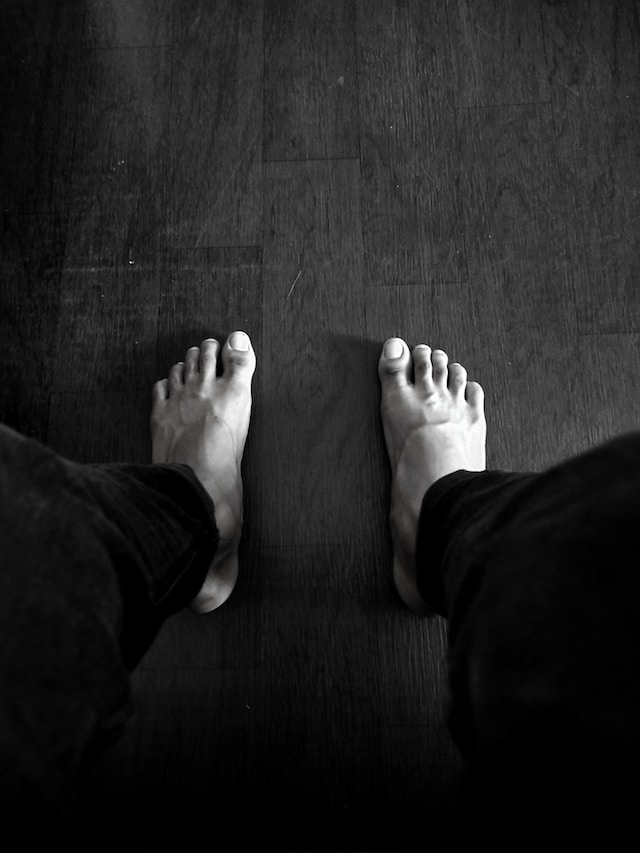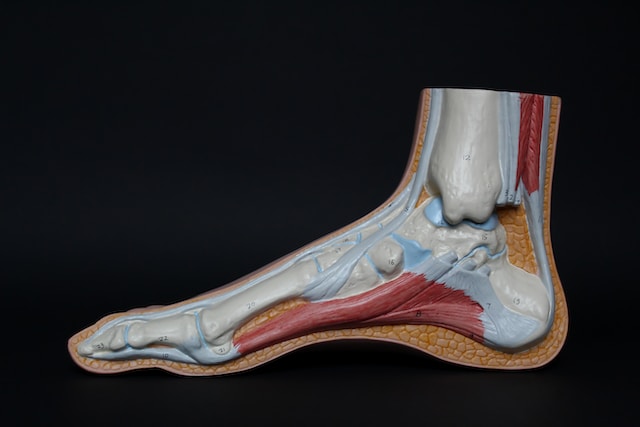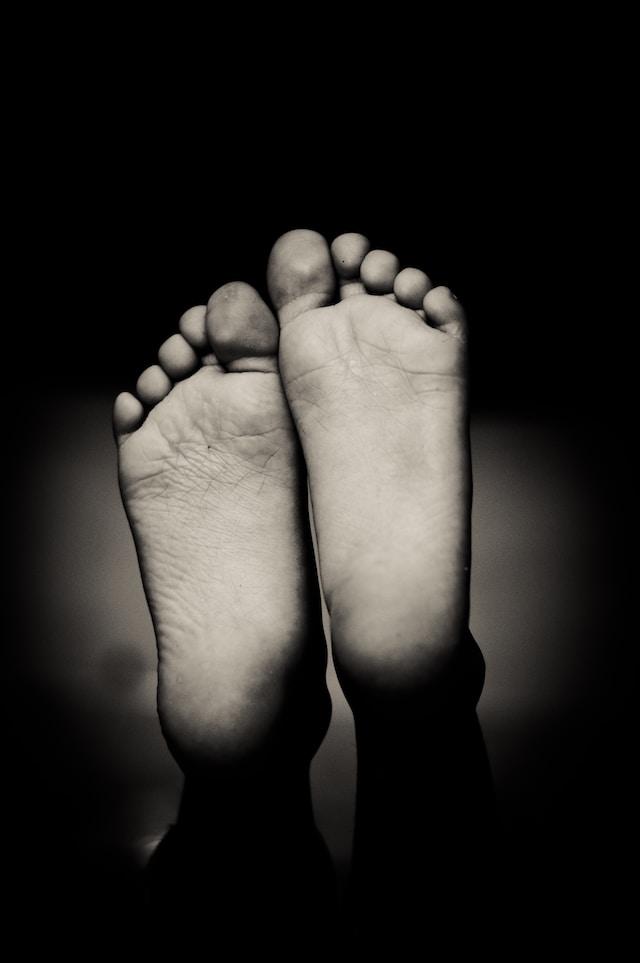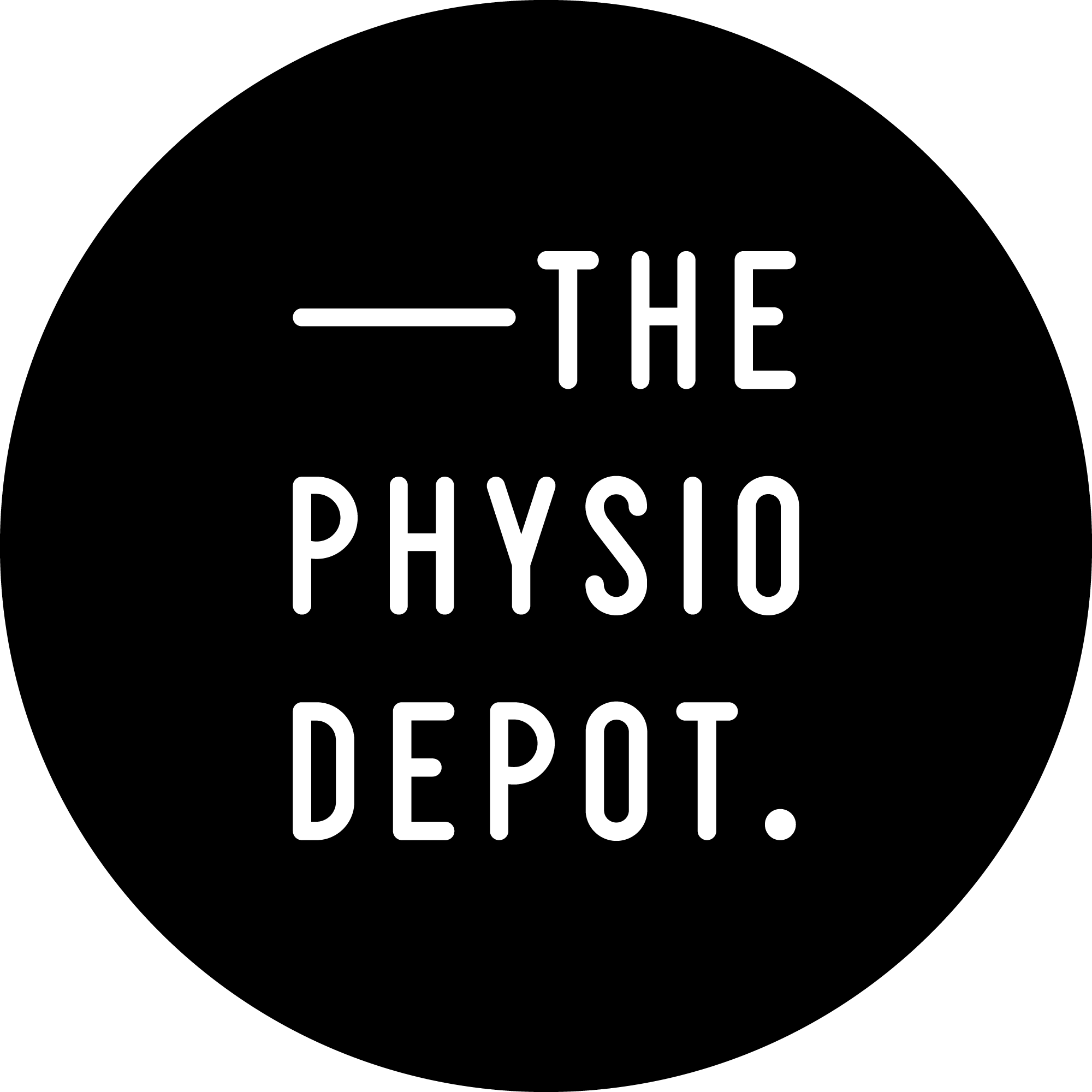Plantar Fasciitis!
What is it? How to fix it!
Plantar fasciitis is a common condition that causes pain in the heel and bottom of the foot. It occurs when the plantar fascia, a thick band of tissue that connects the heel bone to the toes and supports the arch of the foot, becomes irritated. Generally it starts gradually with the most common complaint being sharp heel pain upon waking and taking your first few steps in the morning.
Symptoms of plantar fasciitis!
PAIN: The most common symptom is sharp or stabbing pain in the heel, especially with the first steps in the morning or after periods of rest. The pain may also worsen after prolonged activity or standing.
FOOT STIFFNESS The foot may feel stiff, specially after periods of inactivity.
TENDERNESS: The bottom of the foot, particularly the inner side of the heel, may be tender to touch.
What causes Plantar Fasciitis!
- Overuse or repetitive strain: Activities that involve prolonged standing, running, or jumping can put excessive stress on the plantar fascia, leading to inflammation.
- Foot mechanics: Having flat feet, high arches, or an abnormal walking pattern can increase the strain on the plantar fascia.
- Body Weight: Carrying extra weight puts more pressure on the feet and can contribute to the development of plantar fasciitis.
- Improper footwear: Shoes with poor arch support, inadequate cushioning, or worn-out soles can strain the plantar fascia.
How to fix it!
- Rest and ice: Giving the foot sufficient rest and applying ice packs to the affected area can help reduce pain and inflammation in the short term.
- Stretching exercises: Performing specific stretching exercises for the calf muscles and plantar fascia can improve flexibility and relieve symptoms.
- Strengthening the plantar fascia: This provides the best long term solution for managing plantar fascia pain.
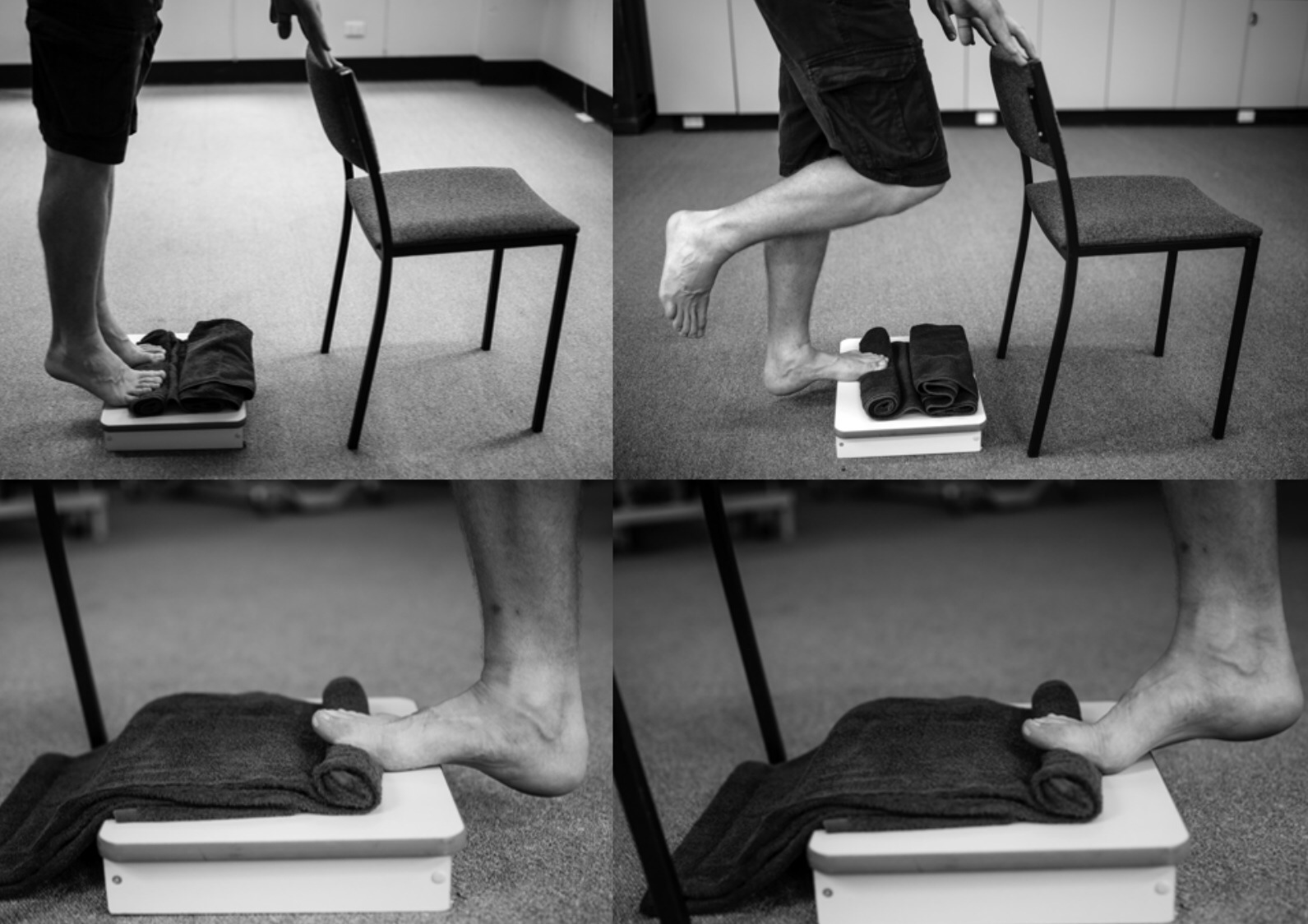
- Orthotic devices: Wearing shoe inserts can provide additional arch support and cushioning, helping to alleviate discomfort in some cases but not ALL cases.
- Footwear modifications: Choosing correct footwear for your foot, activity levels and daily tasks is fundamental for improving your condition.
- Medications: Non-steroidal anti-inflammatory drugs (NSAIDs) like ibuprofen can help reduce pain and inflammation in the short term.
There is no quick fix for plantar fasciitis.
It takes considered approach, time and patient diligence with a rehab program.
It’s not uncommon for it to last 3-6 months, sometimes longer.
Consult a health professional for correct diagnosis and management.
If you need help with your plantar fascia pain: Reach out to The Physio Depot Springwood.
Email: info@thephysiodepot.com.au
T: (02) 4751 9127.
Book: Book Online Here

